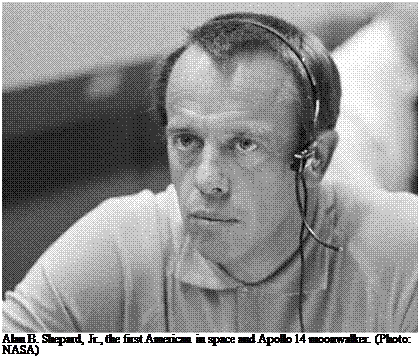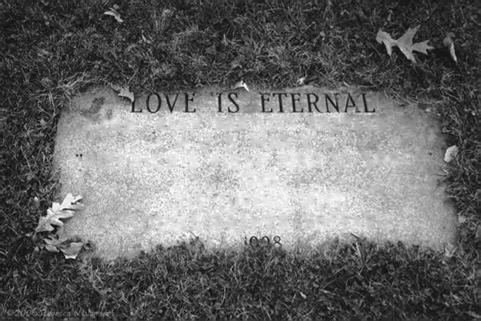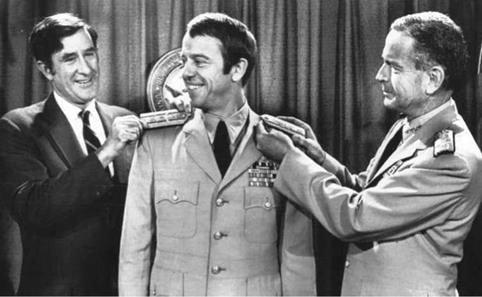A SPACE FLIGHT LEGEND REMEMBERED
In the wake of his Apollo mission Alan Shepard was promoted to the rank of rear admiral, becoming the first astronaut to achieve such status. He resigned from both NASA and the Navy in 1974. After his Mercury flight in 1961 he had been awarded the Distinguished Flying Cross and NASA’s Distinguished Service Medal, and with his resignation from the Navy he also added with pride the Congressional Space Medal of Honor.
Post-NASA, Shepard followed in his father’s footsteps by venturing into banking, real estate and investments, and other private business, in the process making himself a considerable fortune. He also dabbled on the fringe of politics by joining the board of the right-wing Freedom Forum in 1993.
In 1984, he joined with the other five surviving Mercury astronauts in setting up the Mercury 7 Foundation, a science and engineering scholarship fund for college students, and served as its founding president. Today, under the revised name of the Astronaut Scholarship Foundation, it pursues the same goals.
Once, in an interview for the Hall of Science and Exploration, Shepard was asked for his proudest accomplishment, which he said was being chosen to make the first manned American flight into space. “That was competition at its best,” he explained, with his usual unapologetic candor. “Not because of the fame or the recognition that went with it, but because of the fact that America’s best test pilots went through this selection process down to seven guys, and of those seven, I was the first one to go. That will always be the most satisfying thing for me.
“During the actual process of flying aircraft, or flying the Spirit of St. Louis, one doesn’t think of oneself as being a hero or historical figure. One does it because the
|
At the Pentagon on 26 August 1971, a proud Alan Shepard is awarded the shoulder boards of a rear admiral’s rank by Navy Secretary John L. H. Chafee (left) and Adm. Ralph W. Cousins, Vice Chief of Naval Operations. (Photo: Associated Press) |
challenge is there, and one feels reasonably qualified to accomplish it.” After a pause he added, “I must admit, maybe I am a piece of history after all.” [7]
On Tuesday, 21 July 1998, the world lost America’s first astronaut in space to the insidious disease leukemia. He had fought a typically stoic and mostly private two – year battle against this cancer, but it was a fight even he could not win. R/Adm Alan Shepard, an authentic twentieth-century hero, passed away peacefully in his sleep at the Monterey Community Hospital in California. He was 74 years old.
Biographer Neal Thompson says Shepard’s whole life was about competition. “Whether it was in sports as a youth, or competing among other naval aviators when he was a carrier pilot, and then it just sort of ramped up at each stage of his career, becoming a test pilot where he competed with some of the best aviators on the planet and then to be selected among this extremely elite group of Mercury 7 astronauts and then to compete against them for that first ride. But I think he thrived on that and it was fun to explore what that meant in the scope of the space program.” [8]
On 25 August, barely a month after the loss of her husband, Louise Shepard died of a heart attack while on a flight from San Francisco to her home in Monterey. She was returning from Colorado after visiting one of her daughters.
Alan and Louise Shepard were cremated and their ashes committed to the sea in Stillwater Cove near Pebble Beach, California. A small memorial stone for both was placed in the Forest Hill Cemetery in Derry, New Hampshire. They are survived by daughters Alice Wackermann, Julie Jenkins, and Laura Churchley, plus their six grandchildren.
 |
 MM. AI. AN BARTLETT SHEPARD Ш
MM. AI. AN BARTLETT SHEPARD Ш
★ US NAVY ★
flflflERICfl’S FIRST ГПВП W SPHC. E’
1998
HIS LOVING WIFI
LOUISE BREWER SHEPARD











